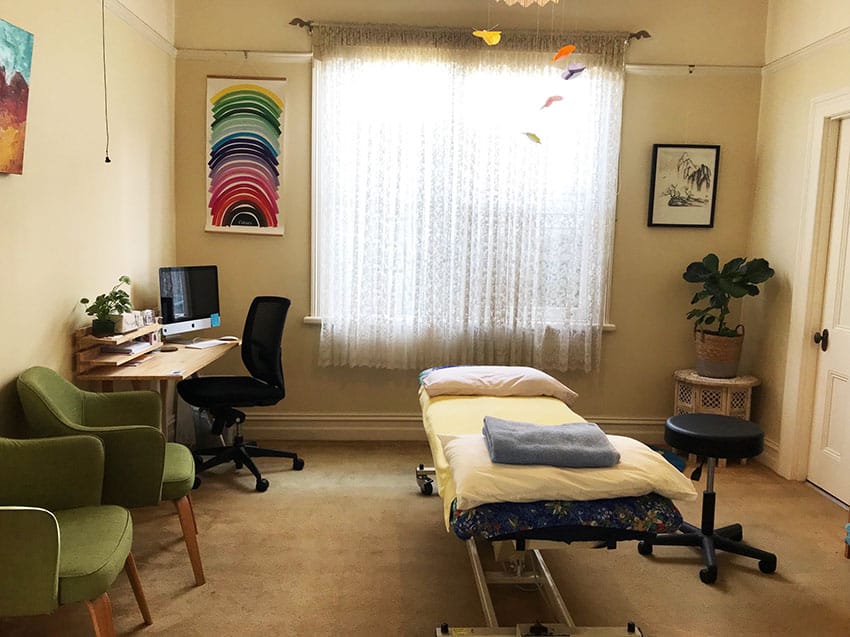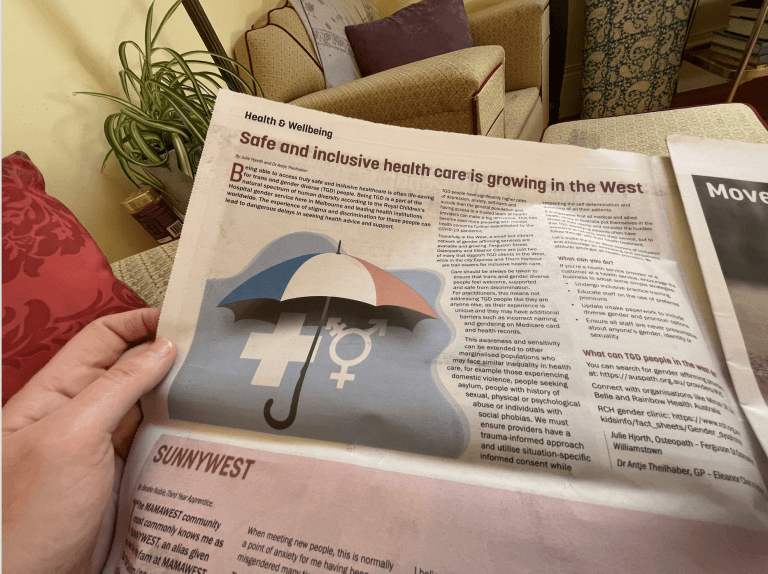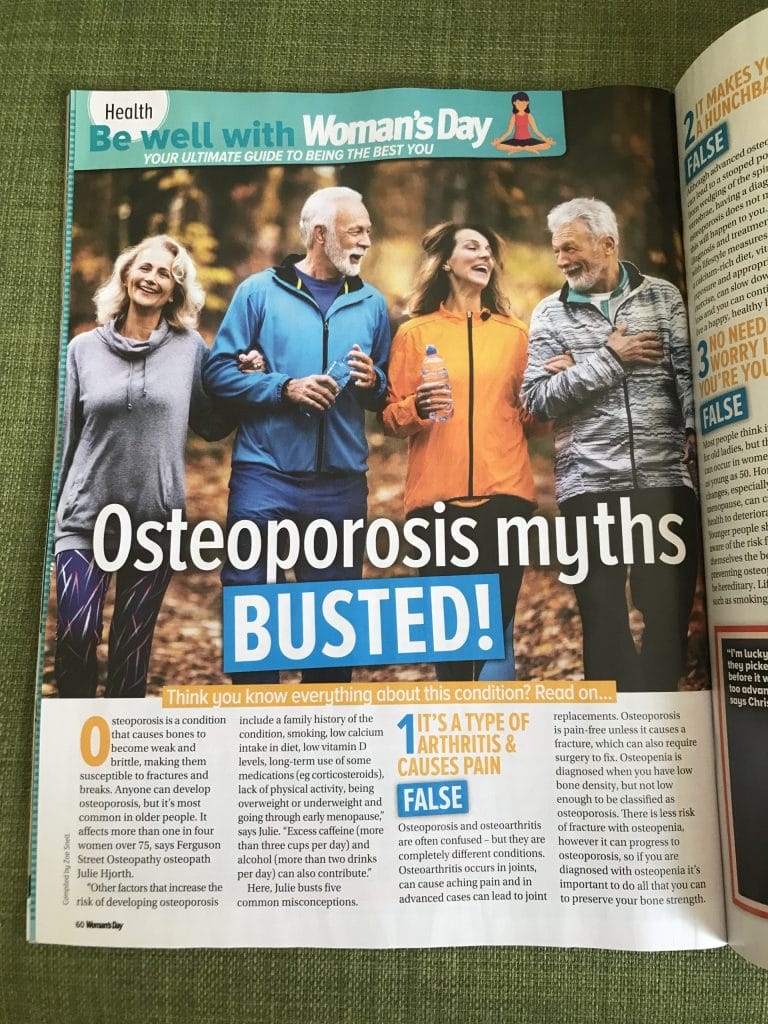Consent in Healthcare by Jacqueline Roy
What’s all this fuss about consent?
It’s important for you and everyone you interact with to understand consent thoroughly and practice it regularly. Some of you will be reading this having had previous experience of poor consent in healthcare. Some of you might be struggling to connect the concepts of healthcare and consent. This blog post aims to educate you on your rights as a patient and empower you to feel more in control in healthcare settings.
We practice asking for and giving consent every day.
“Do you want sugar in your tea?”
“Can I come over a bit later?”
“Please take your shoes off at the door.”
In consent we:
- Ask, don’t assume a person wants/needs something.
- Have the right to voice if we do or do not want something.
It’s important to know that you can withdraw your consent at any time if you have changed your mind, but you can’t retract consent for something that has already occurred.
Power Dynamics
Within health care, as a patient, you will need to give consent for most activities. When thinking about consent, an important question should be asked: who has the power? Practitioners hold inherent power over patients; they are asked for help, they make decisions about patients’ bodies, and they give advice and prescriptions. Because of the imbalance in power within the practitioner-patient relationship, it is even more important for patients to have the opportunity to say no or ask questions during consultations.
Implied Consent
Generally, consent should progress as a conversation, however legally you can give consent without saying anything. This is known as implied consent, meaning by presenting yourself within a given space, you inherently consent to activity relative to that space. For example, if you arrive at a hospital unconscious, you can’t give verbal consent to be treated but you can be sure you will be treated, and just by being there you’re giving implied consent. At an osteopathic clinic, booking an appointment and walking into the treatment room can be seen as implied consent to have a consultation.
Informed Consent
You may notice that implied consent is not enough to fully consent to something. It is integral for health professionals to explain to patients what is going to occur during any given procedure (eg. undressing, areas of your body that will be touched/examined, what treatment involves). Being given and agreeing to this information is known as informed consent and this can be verbal or written. Informed consent should include:
- What the practitioner is going to do
- What the patient may be asked to do
- Benefits of treatment
- Risks (if any) to treatment and risks if treatment not proceeded with
- Alternatives to treatment
- Time to ask questions
- Being aware of associated risks and having time to ask questions is vital to fully consent to treatment. If you’re feeling unsure, you can and should ask for more information. If you still feel like there’s not enough information for you to make an informed decision about your health, you have the right and authority to say no to any part, or all of the consultation.
Ongoing Consent
Part of informed consent is the knowledge that consent is an ongoing and continual agreement to the process taking place. Even if you have signed a consent form, or said yes to proceed with treatment, you have the right to change your mind and halt the process at any time. Even in medical care, you are in charge.
How can you practice good consent?
- If you’re signing something, read it: You’ve likely signed a consent form at a medical clinic (perhaps with lots of legal jargon and not fully understanding what you were signing) – take your time to read the consent forms you sign, don’t let anybody rush you and if you have any concerns or questions, make sure you raise them with the practitioner before you sign the form.
- Know your personal boundaries: Having an understanding of what makes you feel uncomfortable or unsafe can help your practitioner accommodate treatment to you.
- Ask questions: Sometimes health professionals will speak in medical jargon that sounds meaningless or scary to a patient, or they may brush over something that is ‘normal’ for them and not give you the explanation you need. If you are vocal about the things you do and don’t understand you will give yourself a better grasp of your body and more power to dictate your own health care.
- Know your next step: if you feel you have been violated in terms of your body and consent, you can complain directly to the clinic involved or raise your concerns to the Australian Health Practitioners Regulatory Association (AHPRA). Consent is a conversation: It is ongoing. It does not end after the first treatment or after a form is signed. Practice it in new clinics or with doctors you’ve been with your whole life. And finally – don’t let all this talk of consent scare you! If you have always felt at ease with your practitioners, it’s likely that ‘at ease’ feeling is because you are being listened to and respected – consent is likely going on already, even if you haven’t heard the word spoken during your consultation. Nonetheless, if any of this has raised an issue for you – take it up with your health care providers, or talk to an informed friend or family member.





